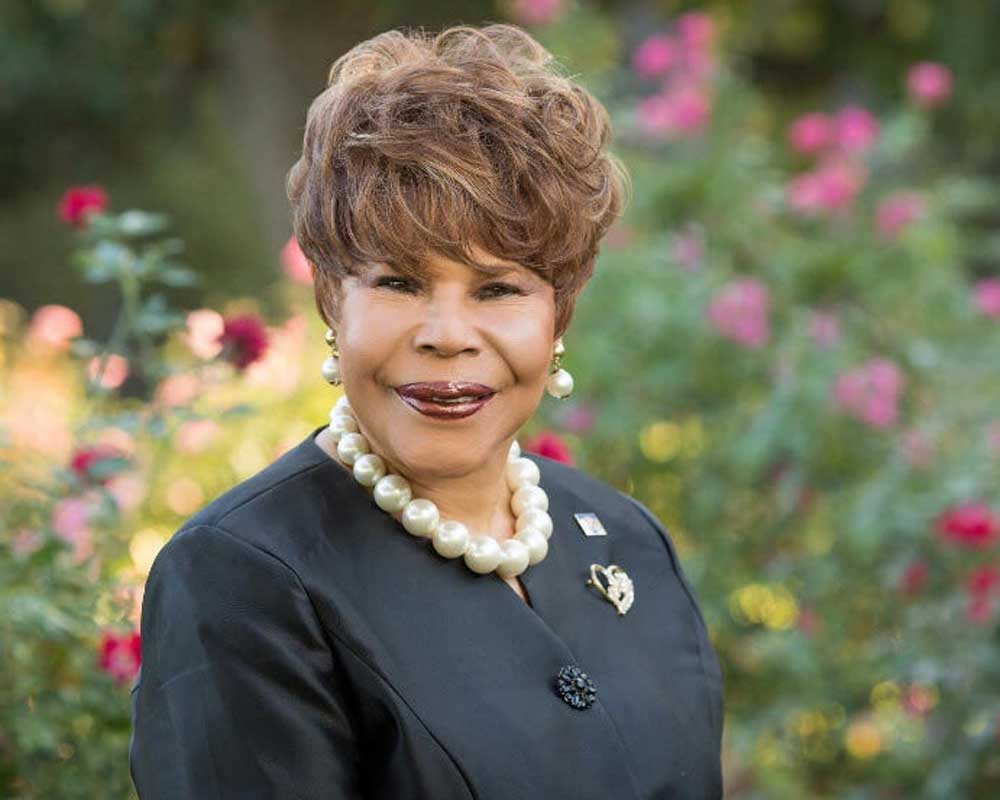Unions want out of minimum wage
Published 7:52 pm Friday, May 29, 2015
Unions were at the front of the fight to convince the city of Los Angeles to increase the minimum wage to $15 per hour. But now, they want to be exempted from it.
“For much of the past eight months, labor activists have argued against special considerations for business owners, such as restaurateurs, who said they would have trouble complying with the mandated pay increase,” the Los Angeles Times reports. “But Rusty Hicks, who heads the county Federation of Labor and helps lead the Raise the Wage coalition, said Tuesday night that companies with workers represented by unions should have leeway to negotiate a wage below that mandated by the law.”
Trending
Here’s his reasoning: “With a collective bargaining agreement, a business owner and the employees negotiate an agreement that works for them both. The agreement allows each party to prioritize what is important to them. This provision gives the parties the option, the freedom, to negotiate that agreement. And that is a good thing.”
Hicks is right about that much. Employment is an agreement, based on mutual benefit. An employer needs help, and is willing to pay for it. An employee need to be paid, and is willing to work for it. They come to an understanding. Everyone’s happy. And ideally, it all happens without the government getting involved.
That’s exactly what Hick is arguing — let employers and employees work things out between themselves.
So why shouldn’t that logic be extended to everyone, not just unions?
Economists know that abolishing the minimum wage completely would mean more jobs, especially for younger and less-experienced workers. The reason is obvious; if the cost of labor is artificially increased (with a minimum wage hike), there will be less of it. There will be fewer jobs with more applicants; employers quite logically will give those jobs to the more experienced, higher-producing job seekers.
That means younger workers never get the chance to gain that important experience.
Trending
Diana Furchtgott-Roth, an economist and author, says the union’s actions are more about their membership rolls.
“Unions are resorting to campaigning for higher minimum wage laws and then carving out exemptions for themselves because they are desperately short of members,” she writes. “Their membership has been steadily declining over the past three decades. In 1983 (the earliest year with comparable data), 20 percent of American workers belonged to unions. By 2014 only 11 percent of American workers, and only 6.6 percent of private sector workers, were union members.”
She says that exempting unions from minimum wage laws makes no sense.
Instead, we should seek to “exempt teens and low-skill workers, because they are the ones most harmed” by such laws.
We’ve long advocated a “training wage,” lower than the minimum wage, to encourage companies to hire younger workers. It would be payable for up to a year, while that worker is gaining important skills and experience.
But don’t look for unions to be on board with that; their focus continues to be on making employment more expensive — for everyone else.







